25 Feb Shamanka Phoenix Talks Living and Working on Ibiza
Shamanka Phoenix is a singer and songwriter based out of Chesterfield, England. She is currently in the process of launching a new record label, ITCOP, which stands for In the Company of Poets. During the course of her music career, she spent an extensive amount of time living and working on the Spanish island of Ibiza, an internationally renowned dance party hot spot. While living and working in the club scene located there, she was able to collaborate with famous icons such as Alfredo Fiorito who is known for creating the Balearic Beat sound and DJ Taucher, a German trance DJ with whom she co-wrote the early 2000s hit “Millenium Bitch,” which made it all the way to number nine on the German dance charts. She also performed at the infamous Manumission parties right around the time they were first making their debut. And, she was one of the first artists to ever fuse classical music with dance music while working there.
We were fortunate enough to be able to talk with Ms. Phoenix and learn about her personal take on what living and working on the island was like. During the interview, she informed us about some of the dos and don’ts that newcomers to the dance party vacation paradise should keep in mind when first arriving. She also told us about what the scene connected to the Manumission parties was like. In addition to all of this, we got a glimpse into her future plans as a producer, songwriter, and record label owner.
In This Article (Click on a section to quickly go to it)
What first drew you to the music scene in Ibiza?
I was living in London in the mid-90s and really needed a change of scene. A friend who visited Ibiza regularly said he thought I should go, that I would love it. So, I went on holiday three times and then decided to move there. At that time, Manumission was debuting in Ibiza after its success in Manchester. The dance music clubs had been around for a while, but several Brits were going in and organizing nights and reviving the dance music scene which had previously become stale.
Also, the phenomenon of Cafe del Mar, with chill out and lounge beats accompanied by a terrific sunset, was just beginning to draw a lot of visitors. People like Jose Padilla and Bruno were DJing and starting to produce compilations of their mixes. In this environment, I could see the beginnings of a new boom for music in Ibiza, which, although just a tiny island in the Mediterranean, had an international reach. I liked the idea that it attracted a lot of interesting visitors from all over the world and a lot of famous people too. It was easy to rub shoulders with important innovators at that time in the party atmosphere that abounded.
How would you characterize the club scene in Ibiza and in Spain as opposed to the club scene where you currently live at in the UK?
To be honest, I no longer go to clubs. So I can’t really comment on the club scene in the UK at this time.
What are some of your favorite memories from the time you spent working in Ibiza?
That’s a tough one as there are so many. I suppose in general creativity is very high in Ibiza. There is tremendous fusion and always an international feel. The island bridges the orient and the occident. It’s close to North Africa, and many of the long term residents spend the winters in places like India and Thailand. They then bring back goods and influences from the East. Furthermore, it’s a popular destination for all Europeans, and the music reflects this hybrid-mix. My favorite memories are of mixing with a truly international crowd and working with people I wouldn’t normally have met, even in London, where I lived before Ibiza.
Which were some of your favorite venues or parties to work?
When I worked at Privilege for the Manumission parties, it was such a crazy time; I don’t think I appreciated at the time what a great event it was. In hindsight, it has stayed with me as memorable and was certainly an interesting career move!
Where would you recommend a first-time visitor to Ibiza start their adventure at? Why?
The island itself is small. You can drive from one end to the other in 40 minutes. So I recommend getting a car and touring and discovering small beautiful bays and secluded corners to enjoy the sun and nature. Glimpse a sunset, eat fresh fish in tiny local restaurants, and enjoy a coffee in Bar Anita, San Carlos, for example. Go as local as possible and you won’t be disappointed. For an international, cool, and fashionable feel, visit Santa Gertrudis and eat at any of the local pavement cafes there.
What should first-time visitors avoid doing when they go to the island? Why?
OK, this is a very personal viewpoint because I never really had enough money to just throw it around. So, I would say that you should be careful not to pay too highly for anything. Many beach clubs have sprung up in recent years, and they are fashionable. Naturally, people want to be seen there. But, be careful, if a beach club is asking you $1000 to reserve a place on the beach in front of their cafe and get the use of a sun-lounger, maybe you need to ask yourself if that is value for your money? Haha!
Which secret places of special interest are on the island that only long-time residents seem to really be aware of?
There is an active out of season party scene. Certain places will only open to take advantage of the seasonal influx and others will be more local. The best secret places are the ones that aren’t secret to local residents. La Paloma restaurant, for example, in San Lorenzo. Atzaro Hotel has special nights all year round, and a big draw is the Ibiza Spirit Festival. Then there is the famous Pikes Hotel. It is now run by my friends Andy and Dawn who created the Ibiza Rocks brand. Finally, the hottest ticket to a club night at the moment is Storytellers at Cova Santa.
Do you believe the dance music scene you experienced in Ibiza is unique to the island? Have you found traces of it in other areas as well? If yes, where?
Truthfully, I worked in several genres in Ibiza, not exclusively dance music. I rarely went to clubs if I wasn’t performing in them, but I did some songwriting with several producers and DJs, and I know a lot of people in the dance music scene. With an increase in popularity in the 90s when I moved there, Ibiza became very expensive, especially after Spain went to the euro from the eseta. Consequently, there was a slight exodus to other destinations, Ayia Napa for example. But really, for the special artistic and creative ambiance, nothing compares to Ibiza, and so it continues to be the most interesting and exciting destination in the summer. Tulum in Mexico now rivals Ibiza, but it is a winter destination for the Ibiza crowd.
After traveling extensively during your career as a songwriter and performer, which areas would you associate with having a truly thriving dance music scene that people should take note of?
I haven’t traveled extensively with my career as a songwriter and performer. And I’m not especially plugged into the thriving dance music scene. However, I would say that it is interesting to note that the dance music scene is constantly evolving and never really dies.
Personally, I like artists like Olafur Arnalds who is a classically trained musician and creates neo-classical piano and orchestra based music but also collaborates on EDM projects with his Kiasmos project. I find there are many composers/producers who use a lot of classical influence now. Pete Tong, for example, fused a full orchestra with house music and gave a special Ibiza Prom last Summer at The Royal Albert Hall as part of the Proms Season. I was one of the first to mix classical music with dance music at the Manumission parties because I sang classical, soprano voice at that time over a house music track that Alfredo Fiorito and I chose together.
You once performed at an infamous party known as Manumission. What made it so popular, and what memorable story can you share about it?
To be honest, the most memorable stories are not pretty! Don’t forget there were live sex shows and a lot of drug-taking. Also, when I went to sing, it was already 5 am (I went on at 6 am with the sun rising behind me through large windows), and everyone had been up all night drinking, doing ecstasy, and dancing… I will just leave it there… Maybe that is also what made it so popular?
Joking apart, Manumission had an impressive line up of international DJ talent and a reputation for hedonism, anything goes, be who you want to be. Every Monday, when I worked during the 1996 season, the club filled with an average of 8,000 to 10,000 people.
You worked with the famous Alfredo Fiorito who is known for creating the Balearic Beat sound. What was it like working with him, and what do you feel like you took away from that experience?
Alfredo and I became friends when we worked together and are still in contact. He was great to work with. He helped me find the right music to perform to and arranged for me to have a radio mic that I wore and which was a new gadget for the club Privilege and was bought especially for my performance. I saw that Alfredo was highly professional in his attitude and yet loved his music and played what he felt passionate about. So I took that away with me and learned from it.
What is the Balearic Beat sound, and what makes it unique?
Alfredo is generally credited with finding the sound, and he says something similar to what I have already mentioned about the scene on Ibiza. “[I was] trying to make a party with a very cosmopolitan and different crowd very late at night, or very early in the morning!!! A crowd that came from other places and was open to a special experience. This fact gave me the opportunity to play all kinds of styles and tempos of music, and not only English but also Italian, French, Spanish, Brazilian, African, South American… a mixture of chill out, lounge and dance music. At that time in Ibiza, I could play soul, reggae, rock, pop, Latin, and if I liked it, the crowd would like it.”
Even now that I am producing my own compositions and not strictly EDM, I am influenced by a multi-cultural international fusion. I often put styles and rhythms that shouldn’t go together in the same song. Somehow, it works, and it is the massive influence that living in Ibiza but coming from a classical background gave me.
You co-wrote a song with a German trance producer DJ Taucher back in the early 2000s titled, “Millenium Bitch.” It went on to reach number nine on the German dance charts. How did your relationship with him come to be, and what was the experience like working with him?
Ralph and I met through a producer called Torsten Stenzel, now based in Antigua, but who lived several years on Ibiza. It was terrific fun because they asked me to write lyrics and a melody to a track they were working on. Punk was experiencing a comeback, and they knew that I had been a punk in 1978 in the UK and knew the genre. I wrote “Millenium Bitch” and it was on 12“ vinyl and signed by Universal. Unfortunately, it didn’t go onto a CD because this was the beginning of the big music recession on account of all the online piracy. Universal got nervous and didn’t make a general release. Still, it was really popular in the clubs and rose up the dance charts to number nine.
Did you two know you had a hit on your hands when you first released the track? What in your life changed for you after it took off?
OK, well, a commercial hit is different from a dance club hit. So, personally, I did well out of it financially. We knew it was a great track, and Taucher loved the lyrics and told me I did a great job! I guess that was rewarding enough for me.
You are now living and working on your own productions in Chesterfield. This is an area that you previously described as being quiet and surrounded by beautiful countryside scenery. How has the new environment had a positive influence on your workflow? If it hasn’t, what has?
I really need nature, quietness, and beauty to feel balanced. It, of course, affects my music production. I actually live in an urban area at the moment. I am living on site while a create a production studio. But I will move out to the countryside when my studio is finished. I spend a lot of time studying with tutorials to perfect my understanding of sound and production of sound using technology as well as naturally recorded musical instruments. My first productions, whilst simultaneously learning, have been very influenced by my need to express my poetry through music and not so much by my surroundings. But, I need quiet nonetheless for that, and fortunately, I have it here.
What do you do to relax in your free time?
I enjoy listening to the radio and watch some TV too, and I like browsing in second-hand markets for vintage and antiques. I also look into my family history and catch up with some of my DNA relatives, visiting places my ancestors lived etc. I’m hoping to produce an album called Blood Lines at some point.
What are three tips you would give to an aspiring producer just getting into the scene?
Number one, I would say is to focus on the music you want to produce. Don’t be pulled in too many directions by what others are telling you.
Two, don’t be afraid to copy at first and use others who produce music you love as reference tracks. Copy but change things within the composition to make it unique to you. Oh, and don’t be snobbish about using loops. They are fantastic things created with popular sounds in mind!
Three, if you’re an introvert like me, you will find it hard to network. But it’s necessary. So, again, find your own unique way to do that. Stay true to yourself.
Do you ever miss the times you spent working on Ibiza? What do you miss the most?
Yes, sometimes I miss working on Ibiza. I miss the people more than the place itself.
Who were some of your favorite artists to work with?
My friend Bahramji is a fantastic artist with a unique style. I collaborated with him by giving him some coaching for his voice. Also, more recently, I met and worked with Riccicomoto, a DJ/producer who is still based in Ibiza. He did a wonderful trance style remix on my lounge beat song “Ibiza Sexbot.” I still collaborate regularly with Chris Le Blanc. He’s another great artist based in Munich who runs the Karma Loft label. I co-wrote songs from his album with him.
What are your future plans as they relate to your music career?
Currently, I am launching my own record label called ITCOP, which stands for In the Company of Poets. This will host a once monthly radio show on Radio Free Matlock as well as release my own songs as an artist. I will be furthering my studies this year by doing a certified DJ skills course in Sheffield. I also hope to do a Level 3 Music Technology course. And, I am even considering going to University as a mature student. I continue to produce and hope to release my first album before the end of the year.
Learn more about the work Shamanka Phoenix is doing by visiting her website here. You can also find her on Spotify, Facebook, and Twitter.


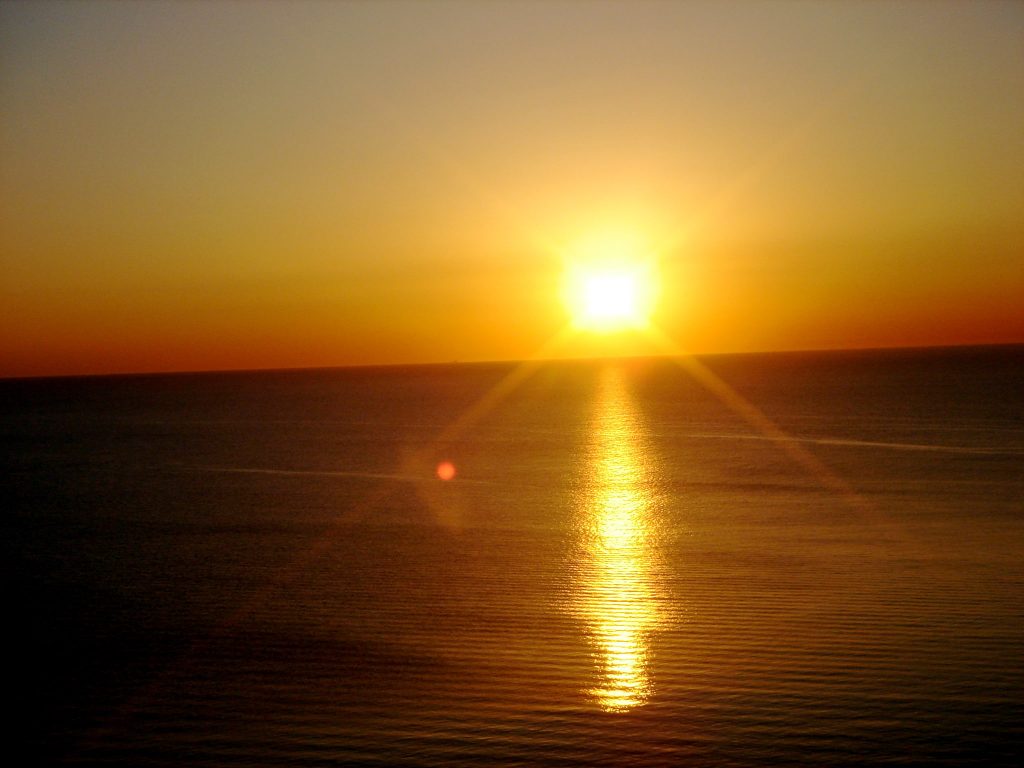

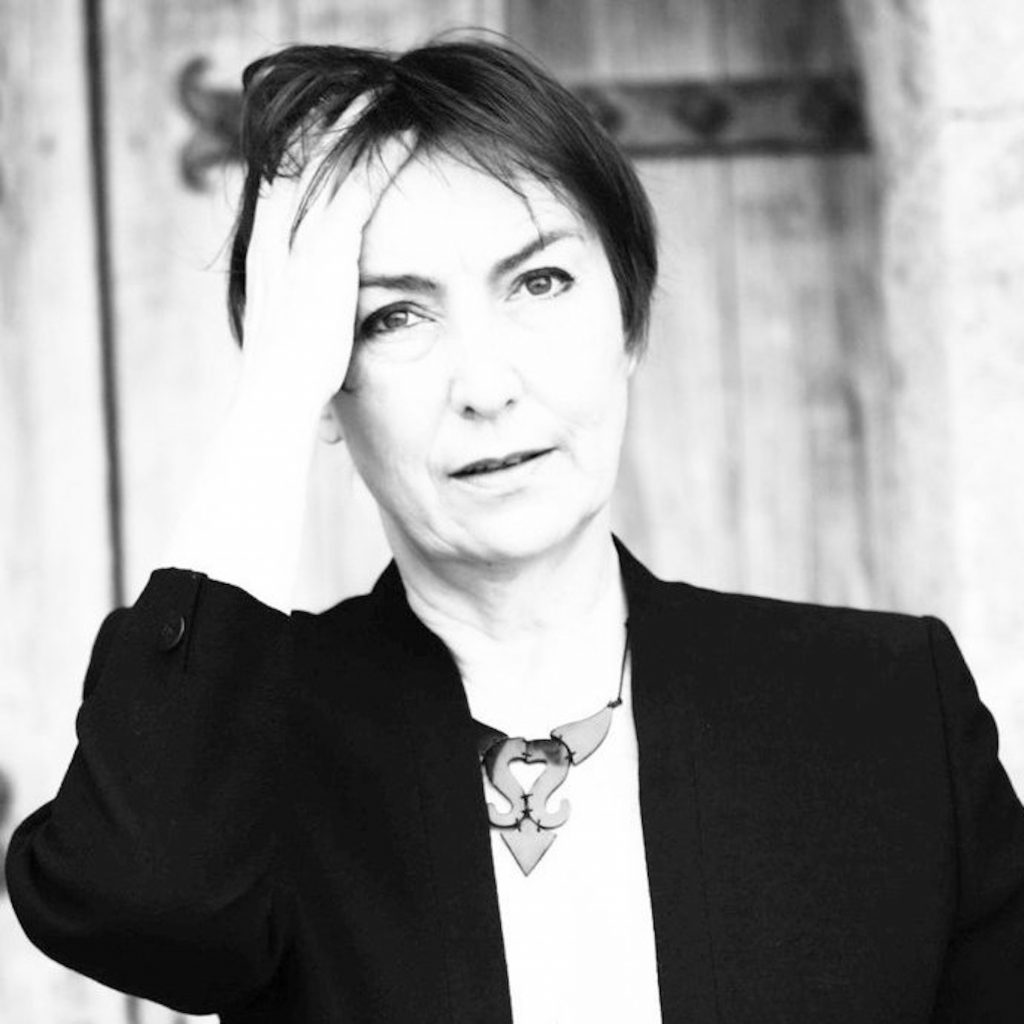
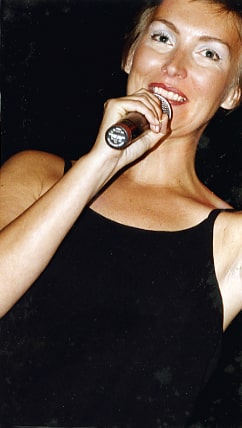
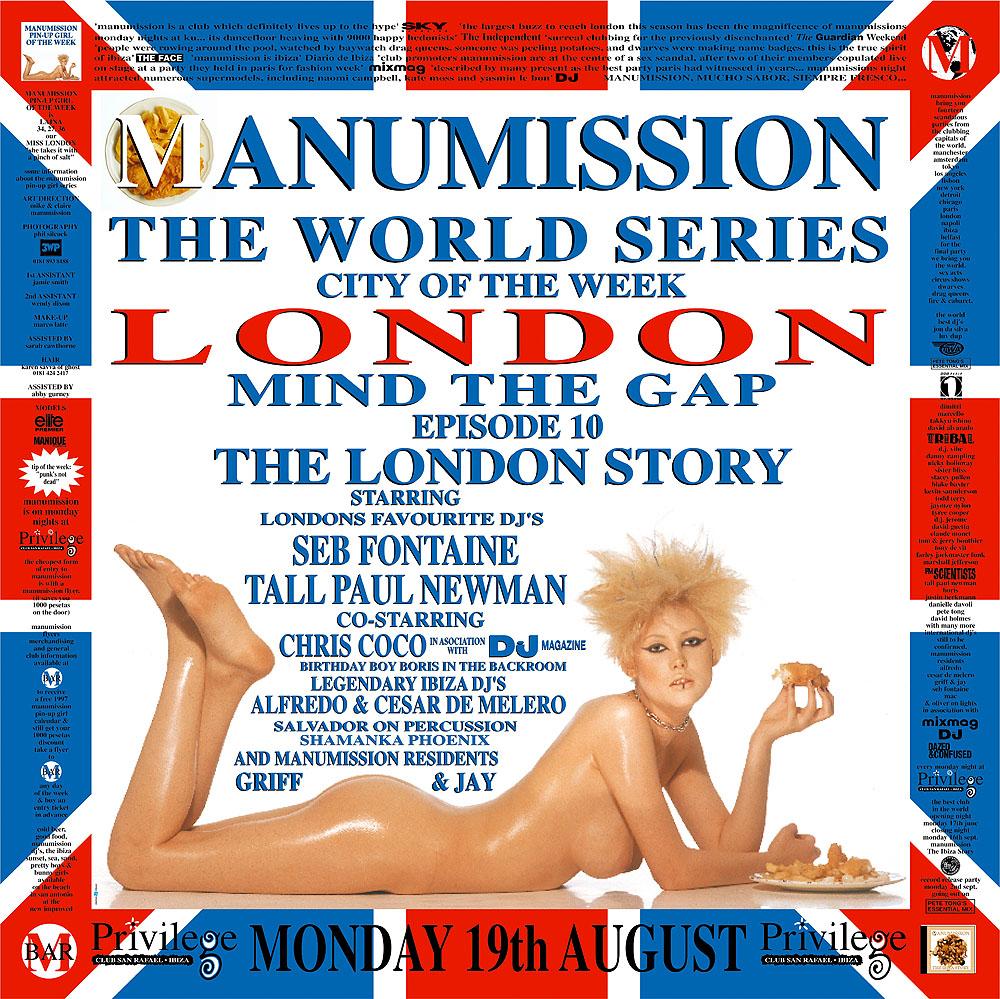
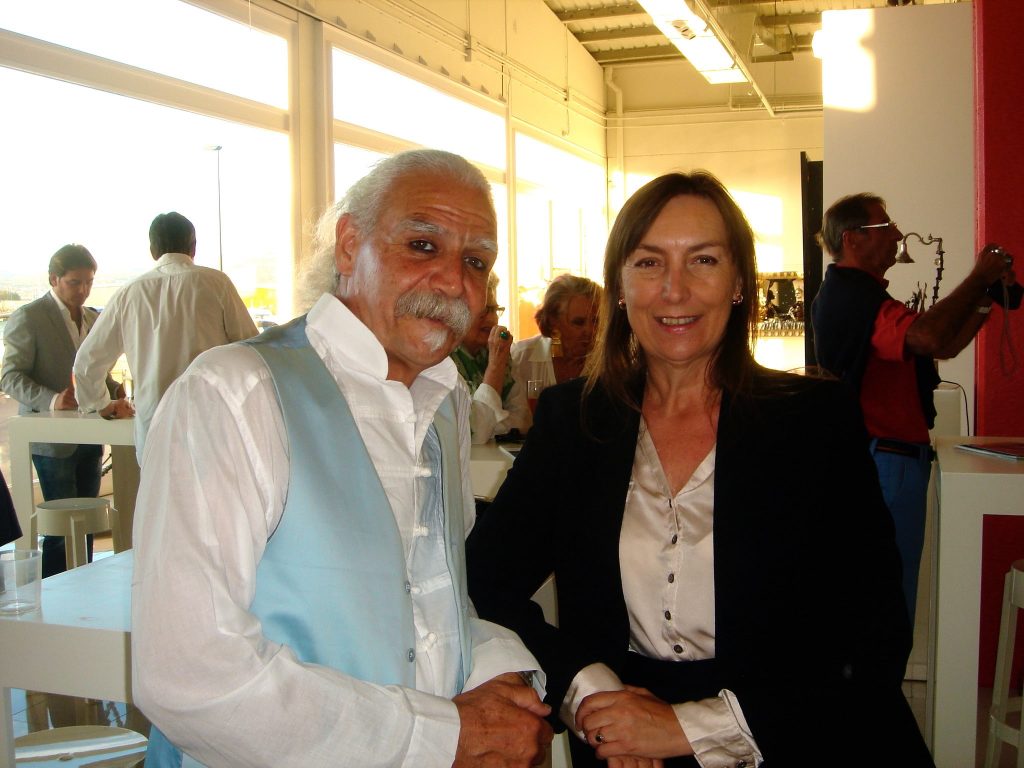
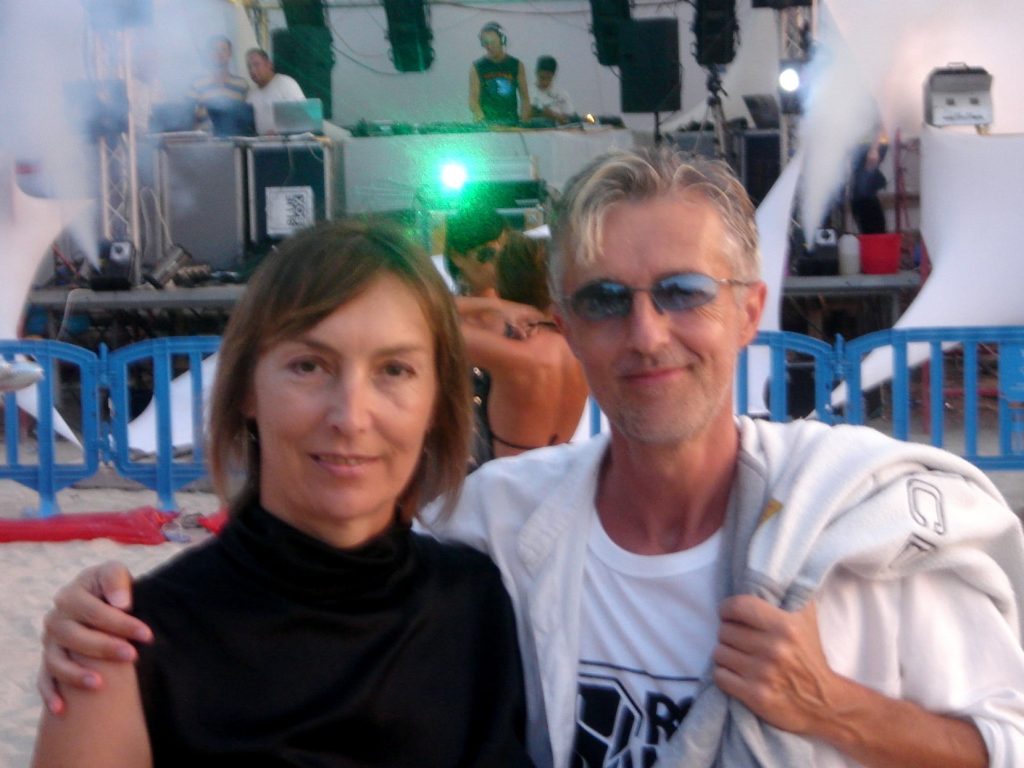
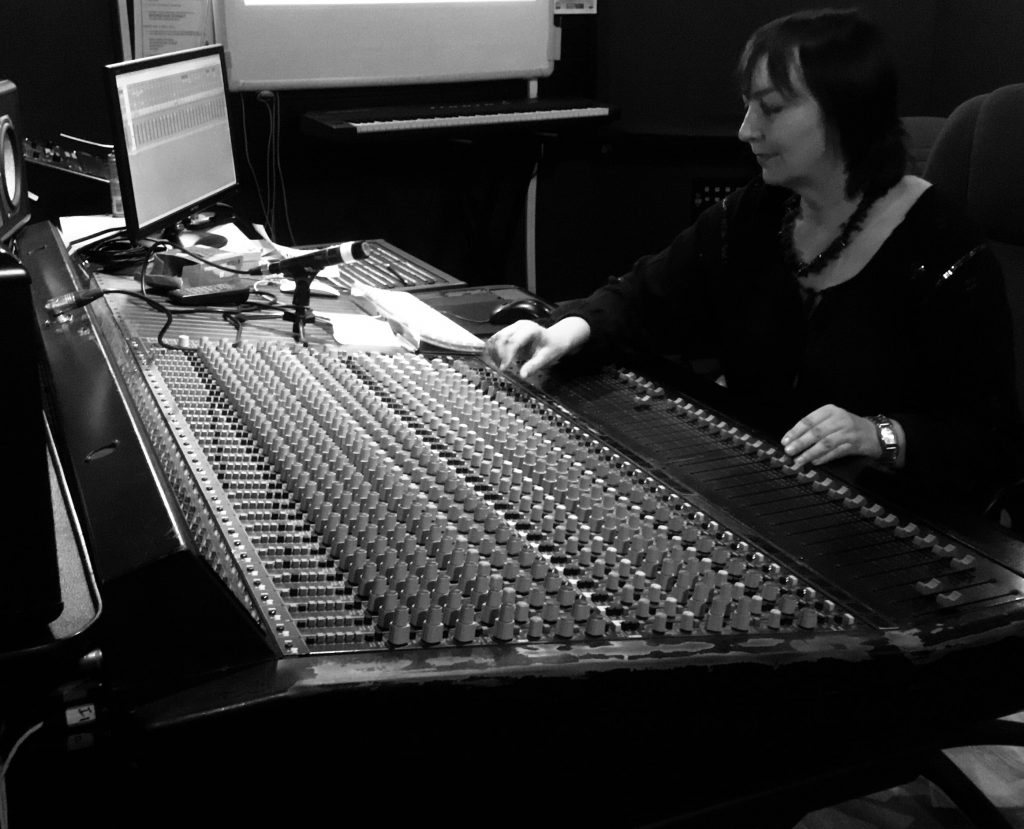
No Comments